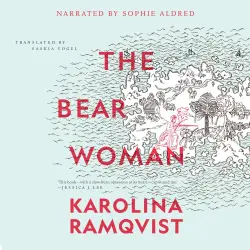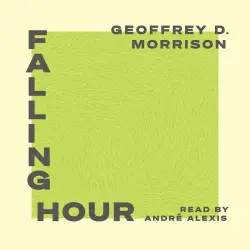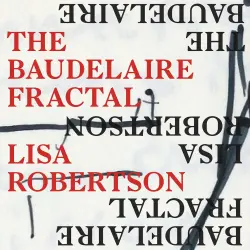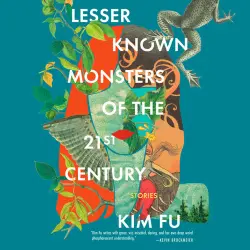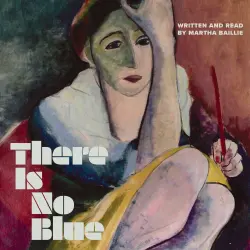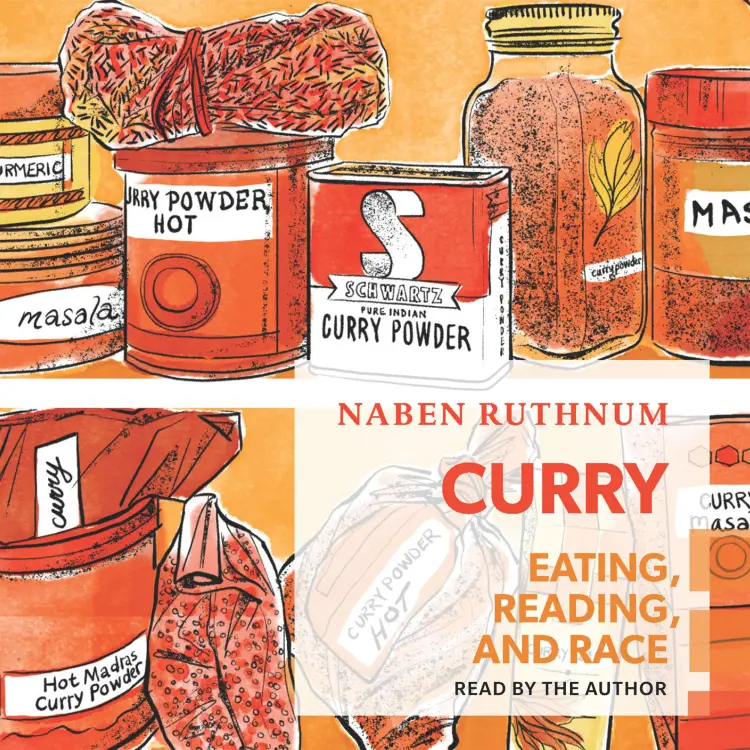
Curry - Eating, Reading, and Race
Naben Ruthnum
Unabridged
3 uur 16 minuten
Opmerking: Er kunnen kosten verbonden zijn aan het afspelen van de audioboeken of hoorspelen op de respectievelijke platforms, bijv. Spotify. Lismio heeft geen invloed op welke luisterboeken en hoorspelen beschikbaar zijn op de service.
Sommige artikelen bevatten affiliate links (gemarkeerd met een sterretje *). Als je op deze links klikt en producten koopt, ontvangen we een kleine commissie zonder extra kosten voor jou. Uw steun helpt ons deze site draaiende te houden en nuttige inhoud te blijven maken. Hartelijk dank voor uw steun!
Van de uitgever
No two curries are the same. This Curry asks why the dish is supposed to represent everything brown people eat, read, and do.
Curry is a dish that doesn't quite exist, but, as this wildly funny and sharp essay points out, a dish that doesn't properly exist can have infinite, equally authentic variations. By grappling with novels, recipes, travelogues, pop culture, and his own upbringing, Naben Ruthnum depicts how the distinctive taste of curry has often become maladroit shorthand for brown identity. With the sardonic wit of Gita Mehta's Karma Cola and the refined, obsessive palette of Bill Buford's Heat, Ruthnum sinks his teeth into the story of how the beloved flavor calcified into an aesthetic genre that limits the imaginations of writers, readers, and eaters. Following in the footsteps of Salman Rushdie's Imaginary Homelands, Curry cracks open anew the staid narrative of an authentically Indian diasporic experience.
Curry is a dish that doesn't quite exist, but, as this wildly funny and sharp essay points out, a dish that doesn't properly exist can have infinite, equally authentic variations. By grappling with novels, recipes, travelogues, pop culture, and his own upbringing, Naben Ruthnum depicts how the distinctive taste of curry has often become maladroit shorthand for brown identity. With the sardonic wit of Gita Mehta's Karma Cola and the refined, obsessive palette of Bill Buford's Heat, Ruthnum sinks his teeth into the story of how the beloved flavor calcified into an aesthetic genre that limits the imaginations of writers, readers, and eaters. Following in the footsteps of Salman Rushdie's Imaginary Homelands, Curry cracks open anew the staid narrative of an authentically Indian diasporic experience.

